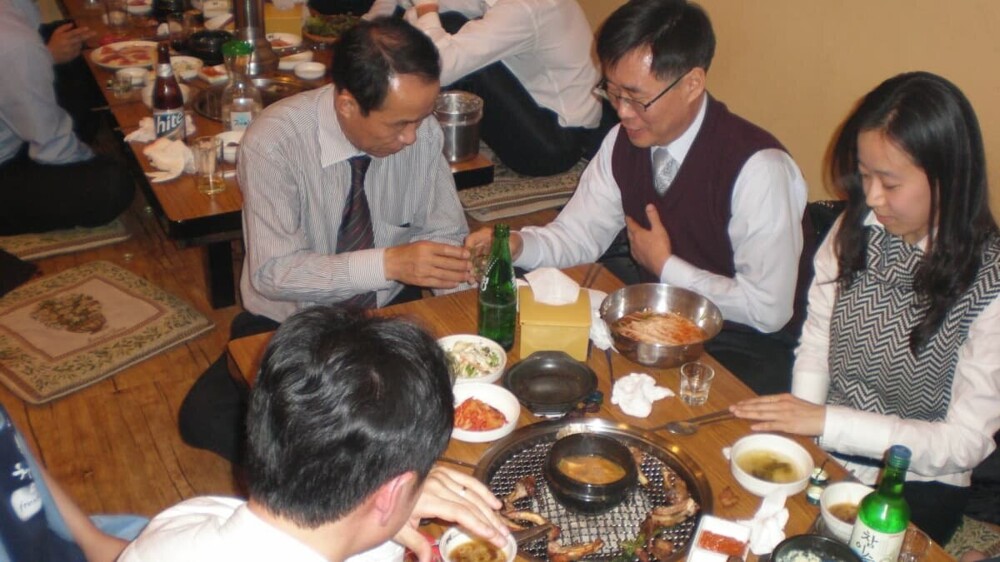Korean drinking culture (19 photos)
South Korean citizens love to drink, and they do it with or without reason. They drink after work, at holidays, friendly meetings, corporate gatherings and while establishing business or personal contacts. 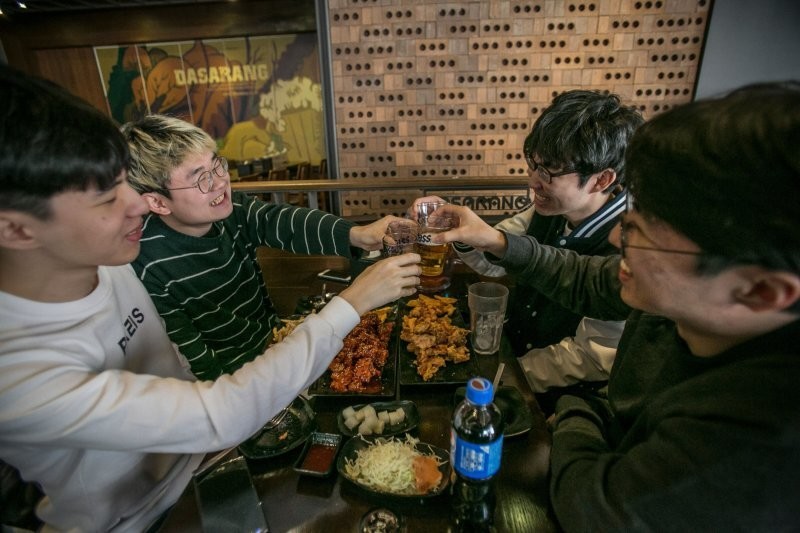
And, in fact, it is not surprising that, according to WHO (World Health Organization), South Korea consistently, year after year, is among the most drinking countries in the world. 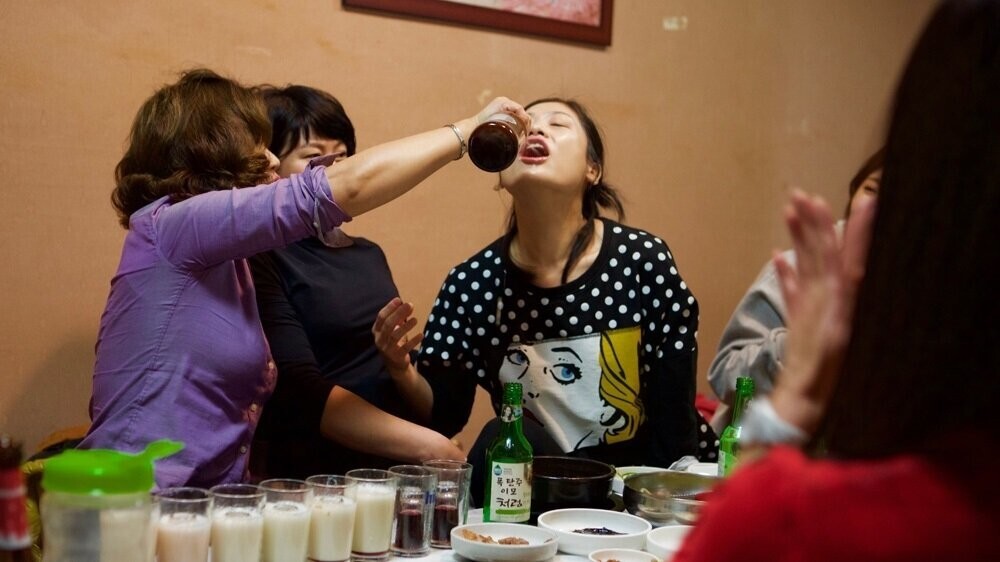
Not always in leading positions - for example, in 2023, Moldova and Lithuania took first and second places, but nevertheless. 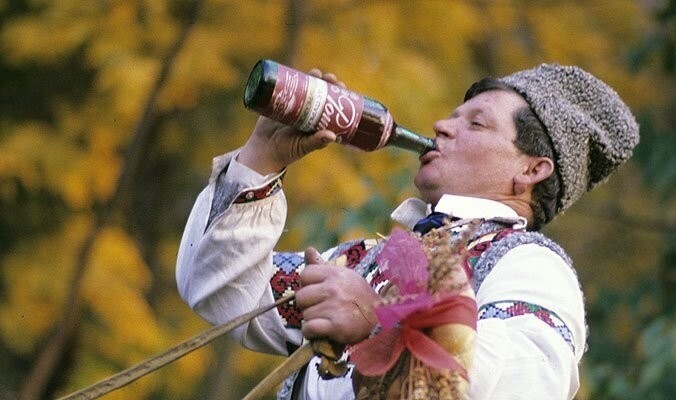

Koreans really love to drink, and this is not some kind of revelation, since in the country of morning freshness there has been a special culture of drinking alcoholic beverages for many years, and even in the public consciousness of the nation, alcohol occupies a special position. 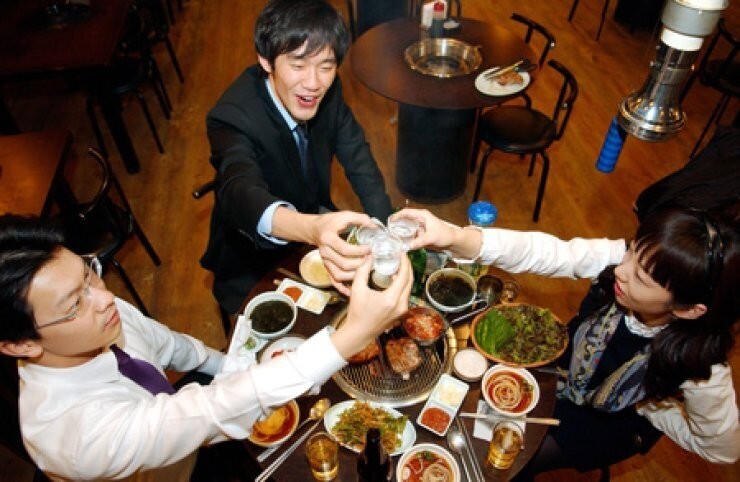
When meeting new people, and foreigners in this case are no exception, Koreans, in addition to the obvious questions, always ask the interlocutor whether he can drink alcohol, bearing in mind the body’s ability to perceive intoxicants in large quantities, and also whether it is good he drinks alcohol - this already concerns physical resistance to “stronger drinks.” 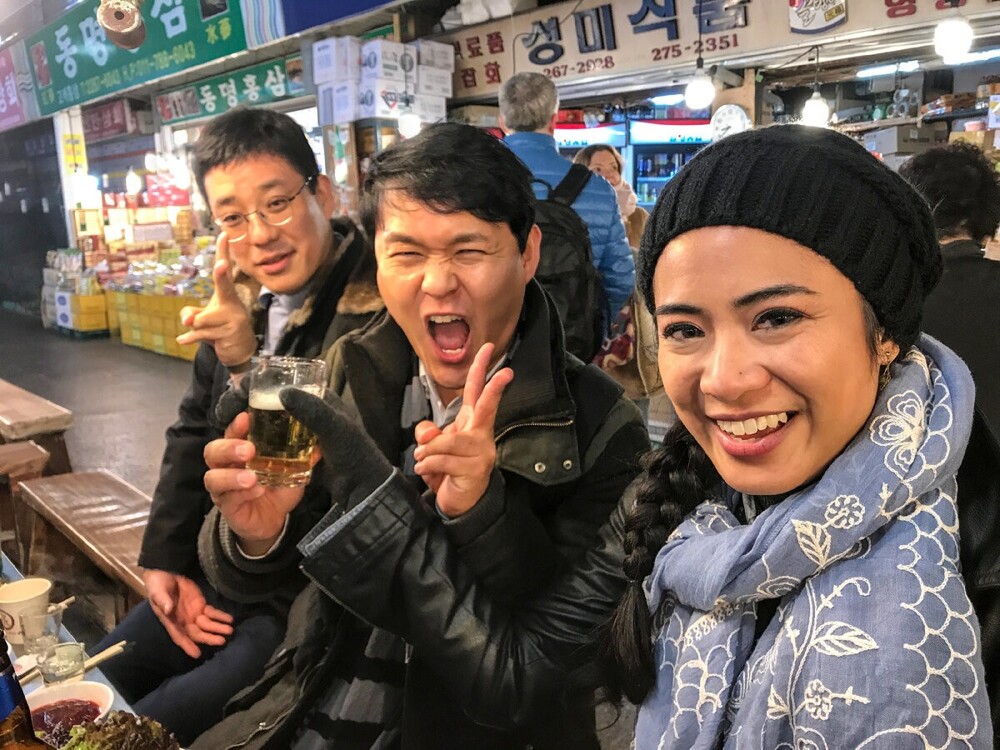
And, I must say, a lot depends on the answer. If a new acquaintance admits that he does not drink or drinks very little, then the Korean’s interest in him disappears almost instantly, and this especially affects corporate relationships, in which a non-drinking colleague will cause some distrust and even hostility. Therefore, many foreigners who came to South Korea for work or permanent residence have developed a unique formula for interaction. 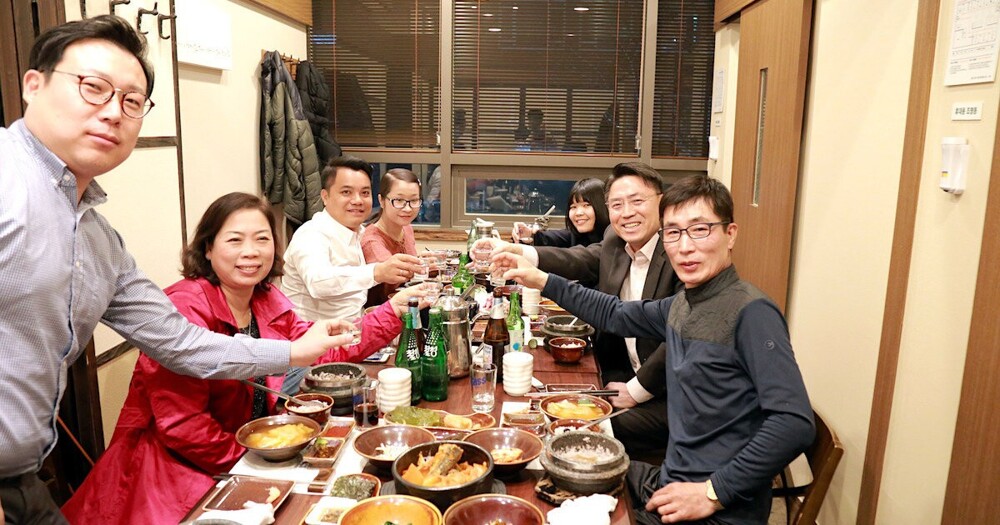
If you need to make a good impression on a drinking manager, colleagues, or just friends and acquaintances, when asked about drinking alcohol, you should answer that you don’t just drink vodka (namely, real vodka, 40-proof!), but do it with great pleasure, because you love her like your own mother. 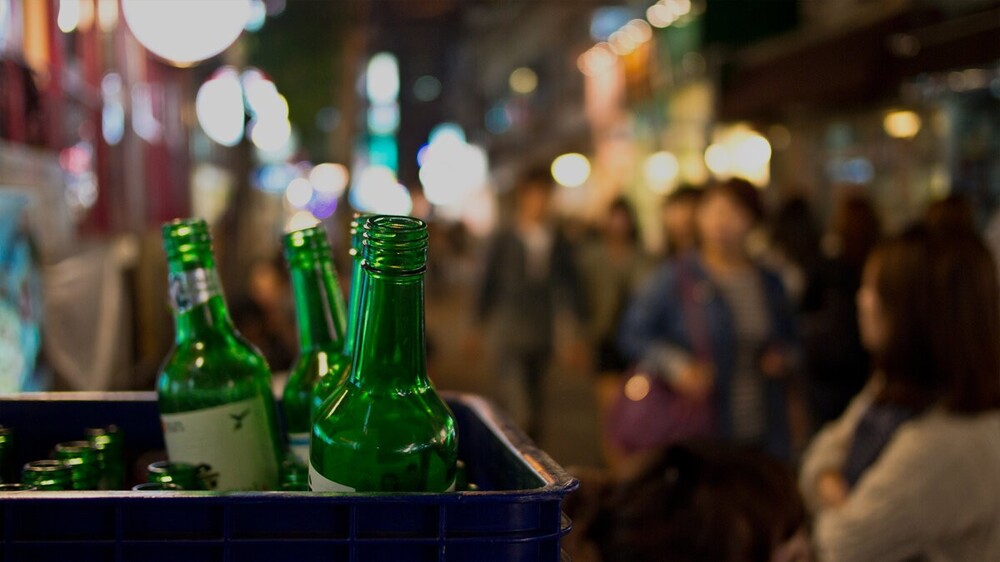
At the same time, it is important to mention that no matter how much you drink, you do not get drunk, and in the morning you do not experience a hangover. Oddly enough, this information will significantly elevate you in the eyes of Koreans, and they will certainly begin to respect you even more. 
But this, so to speak, is from the category of observations, but there is also official information. According to the same WHO, more than 3 billion bottles of soju, Korean vodka, are consumed annually in South Korea. Moreover, citizens over 16 years of age drink an average of 14.8 liters of pure alcohol per year! Moreover, they do this, it must be said, with special zeal and organization, just like everything else. 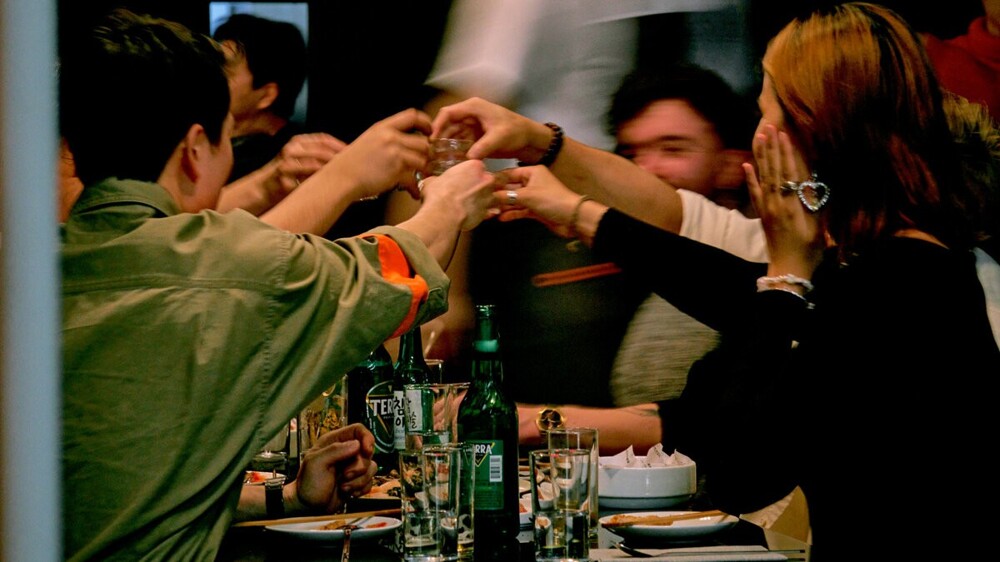
It was not for nothing that I mentioned at the beginning of the article that in South Korea there is a special culture of drinking alcohol - a collective one. In this country it is simply not accepted to go “against the grain,” so to speak, against the will of the majority. If the team you are part of (colleagues or a group of friends, it doesn’t matter) eats a certain snack, for example, kuksu (noodles or cold noodle soup), then you, please, eat the same thing. 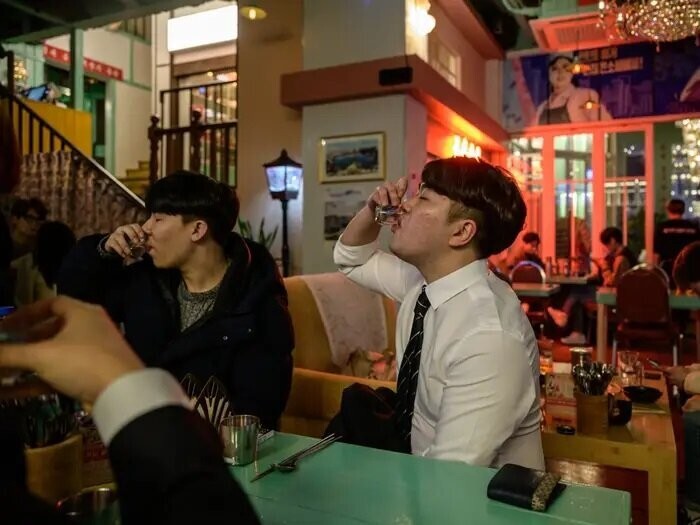
Well, if everyone around you drinks alcohol, then you should drink just like everyone else. Commitment to community is an important part of Asian culture in general, so standing out from the crowd and showing that you are somehow different from others (for example, not drinking) is considered extremely disrespectful and even offensive. 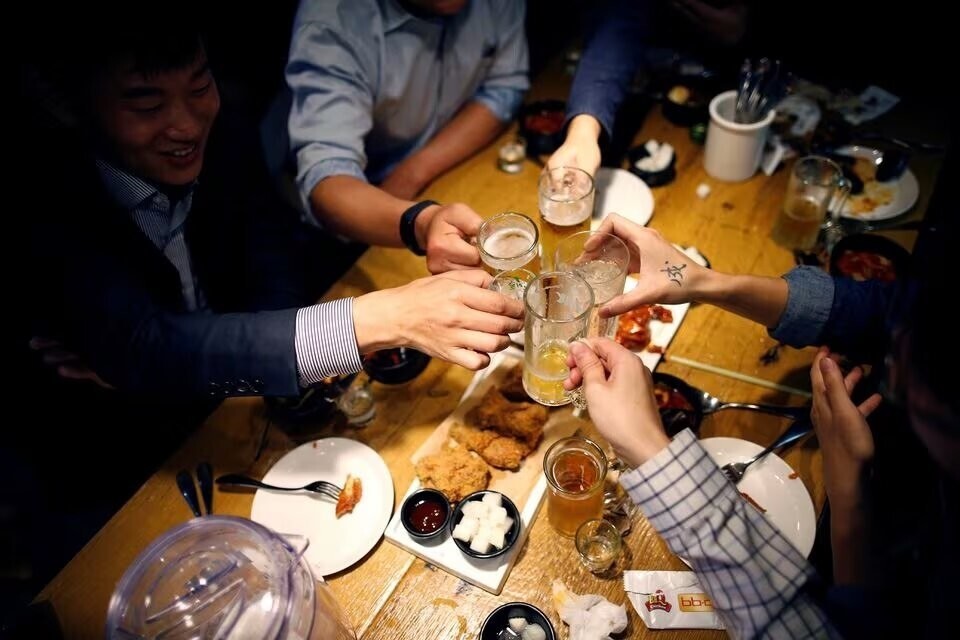
It is also curious that you cannot simply refuse to drink in South Korea, and even the citizens of the country of morning freshness themselves call this phenomenon “a society that imposesalcohol". Moreover, Korean drinkers, the number of whom, for obvious reasons, significantly exceeds non-drinkers, not only drink themselves, but also always offer, and sometimes strongly recommend, drinking to the group they are part of - be it colleagues, classmates, friends or just neighbors. In such conditions, remaining abstinent is quite problematic. 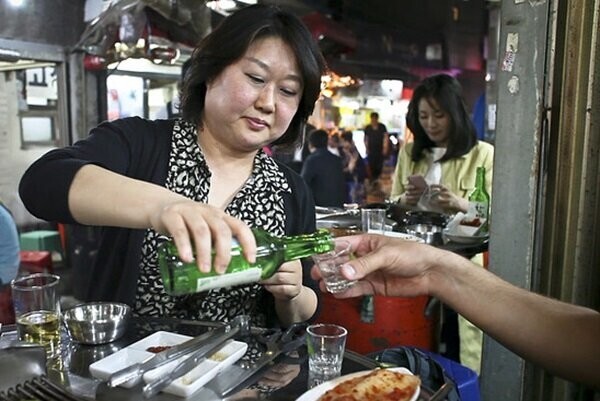
Gatherings involving large quantities of alcohol are called "suljari" in South Korea, and they are usually not limited to drinking a few glasses in one specific place. The very moment when the group has just gathered at the bar and started drinking, Koreans call it “il cha.” It is followed by “and cha” - this is when the drinkers change either location or company (yes, yes, this also happens), and after that - “the cha itself” or another change of scenery. 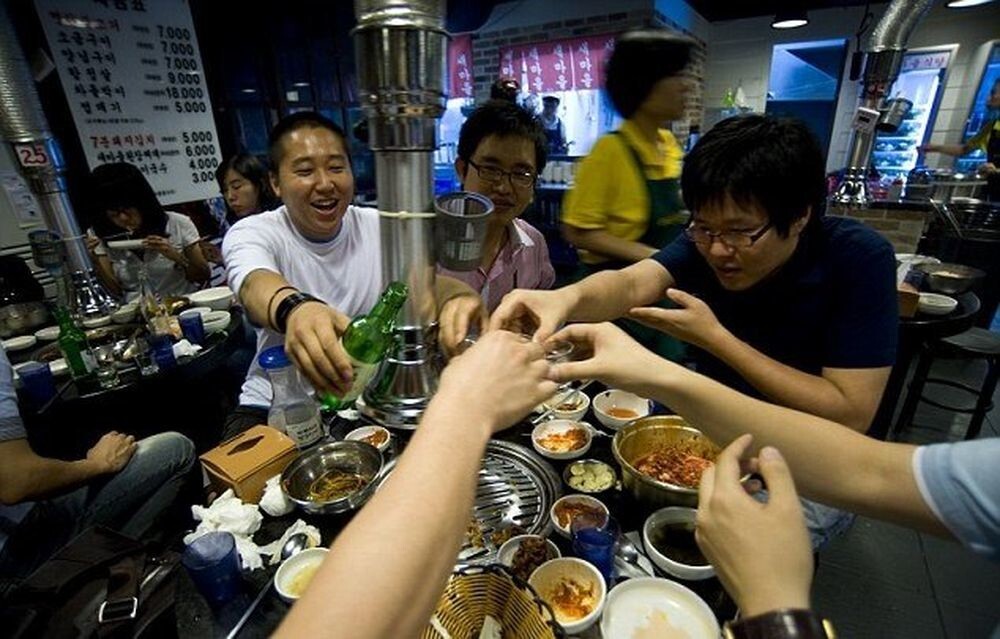
In fact, in just one night, restless Koreans can change up to a dozen bars and mix a wide variety of types of alcohol. Of course, no one thinks about the consequences at the moment. The only thing that many South Korean citizens note is that they drink, most often, not because they love the taste of alcohol or they are fascinated by the process itself, but because it is “necessary”: they need to support the company, they need to show their respect to their colleagues, they need to establish the necessary contacts , you just need it and that’s it... 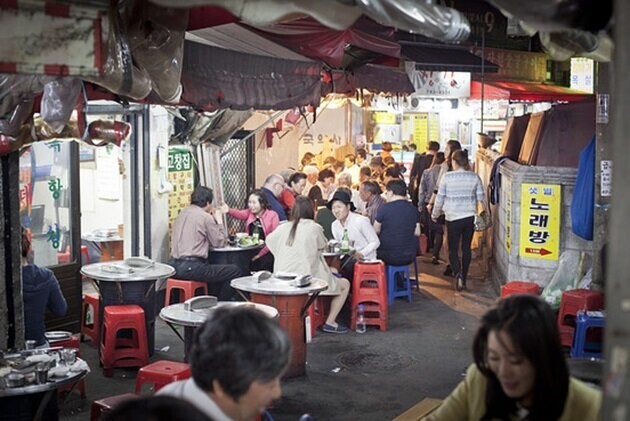
In South Korea, everything works a little differently: if the boss drinks, then all his subordinates drink, and if they don’t drink, they can safely forget about salary increases and possible promotions. 
Moreover, once every two weeks, the manager gathers his subordinates for a small informal meeting, the main purpose of which is to drink large quantities of alcoholic beverages. Moreover, the manager will pour these very drinks personally, so it will not be possible to “get away” from abuse. 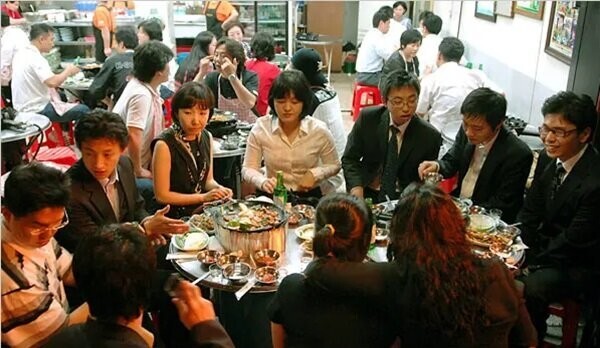
Moreover, if there is a new employee in the team, and, God forbid, a foreigner, such a collective “informal event” will be arranged for him personally - so to speak, a welcome drink, at which the newcomer will be very clearly explained and shown how to work in this team drink. And there is something to explain, because even during a feast, Koreans adhere to strict rules of etiquette, expressed in respect for elders - both in age and position. 
Young Koreans, as well as those who occupy less significant positions, while drinking a glass, should cover it with their hand and turn away from the table, as if hiding from their elders. It is also considered bad form when a person fills his own glass. And during Korean drinking, it is customary to pour alcohol by weight and with both hands. At the same time, the stack should also be held with both hands, as a sign of respect. In general, there are plenty of nuances! 